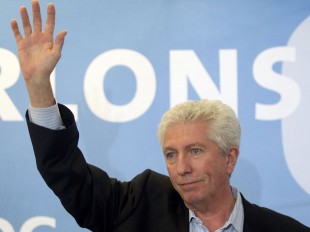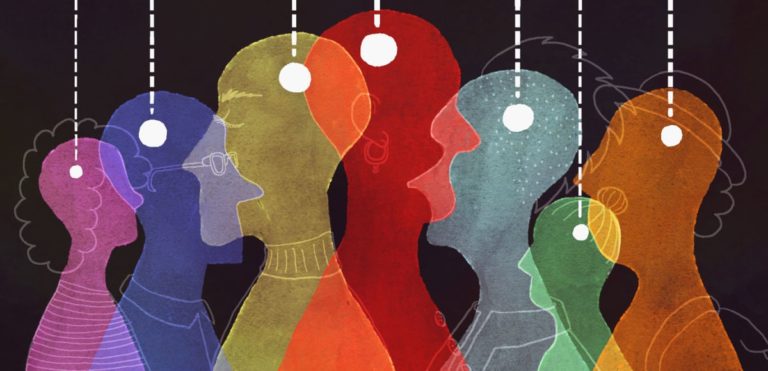Former Bloc Québécois leader Gilles Duceppe has said goodbye to politics. After Montreal’s La Presse reported how the Bloc Québécois broke parliamentary rules by paying its party’s general manager out of House of Commons funds for seven years, Duceppe said he would devote himself full-time to “defending my integrity and re-establishing my reputation.” The allegations made it “impossible to envision a return to active politics,” said Duceppe. That means he won’t run for the leadership of Quebec’s Parti Québécois, a Crown that everyone knew he wanted and thought he deserved instead of the current party boss, Pauline Marois.
If Duceppe does actually leave Canadian politics for good, so much the better. Separatists have been costly for Canada and Duceppe was a too-effective advocate for that cause. He even obtained—only in Canada—the official opposition post in Parliament between 1993 and 1997.
Of related note to his time in federal politics, Duceppe’s personal federal pension for his years of “service” in Ottawa is $140,765 annually according to the Canadian Taxpayers Federation. That’s expensive but of more importance, symbolic of the fiscal damage wrought upon the country’s fabric.
The cost to Quebec of separatist chatter has been decades of lost investment, migration of talent out of the province, and public policy within the province that focused on linguistic battles as opposed to fixing Quebec Inc. The cost to Canada has been instability when we could least afford it: think of the 1995 referendum that took place just as Canada was recovering from the sluggish early 1990s.
One doubts this will happen, but perhaps Duceppe will have a quiet retirement in Florida where his hard-left policies (he was a Marxist until his thirties and never broke from that mindset) and his break-up-Canada troublemaking might finally fade into Florida sunsets.







